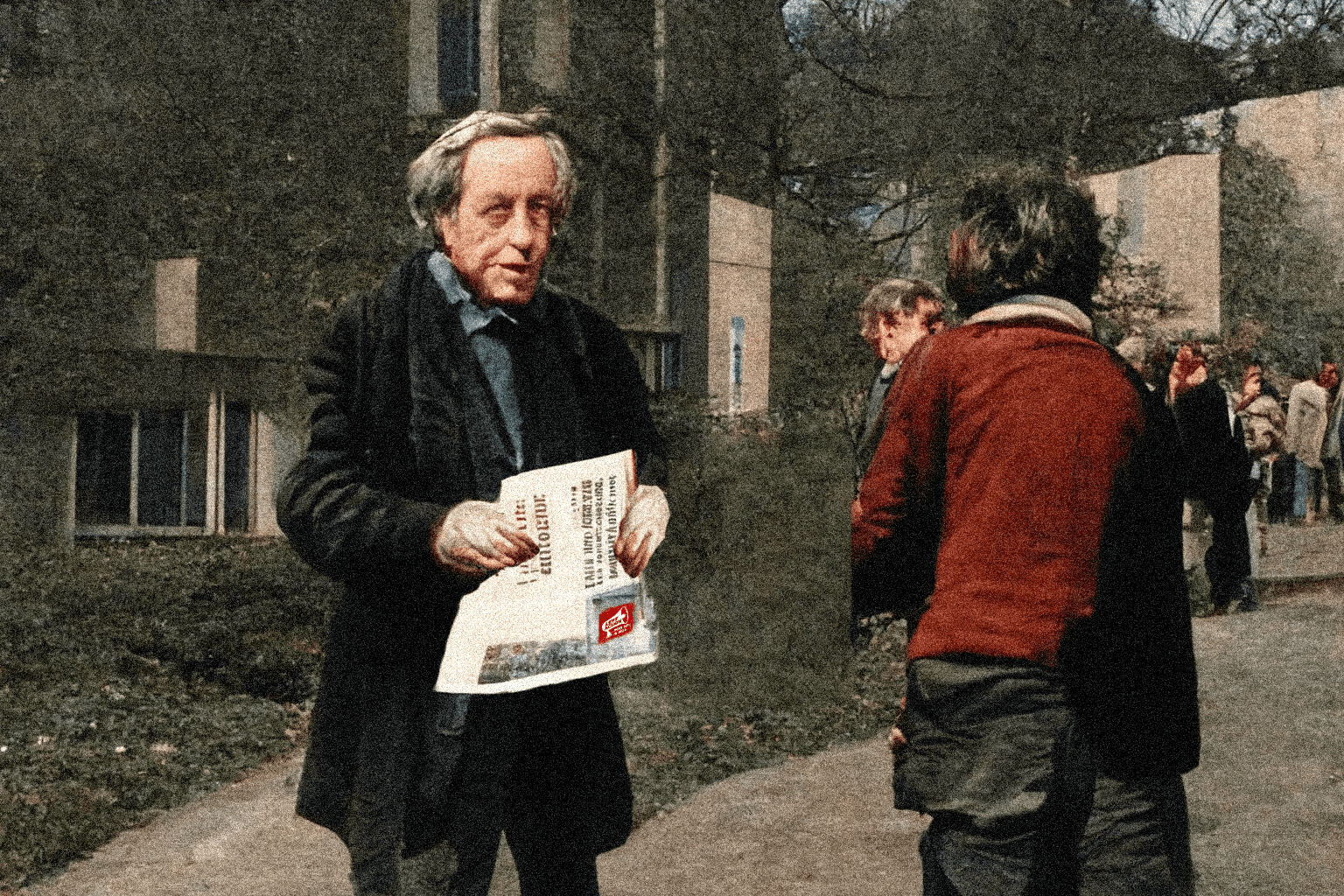As this goes to print — during the final day of 2022’s SRC election — Left Action’s campaigners are likely canvassing voters in earnest, buoyed by a well-deserved sense of elation from their notably impressive exit polling results so far. At the time of my writing, Left Action commands approximately 20% of council votes. If we delineate Switch and Grassroots by their (essentially formalistic) factional difference, Left Action also possesses a plurality of votes. Though current numbers suggest this will plateau by the end of today, I am encouraged that an unapologetically left-wing ticket has managed such an accomplishment.
However, not all reflect my view. This development has left some stupol pundits scrambling to understand how Socialist Alternative, perceived as a “comparatively unpopular” faction, could be politically competitive. Short-sighted projections that its lead was merely an aberration of typical voting-booth geography proved insufficient after Left Action largely held its own by the close of the second day of voting yesterday. Revised accounts now offer expedient but limited justifications. Certainly, Socialist Alternative has convincingly out-mobilised its competitors. But why? Inarguably, Penta’s cascading organisational collapse has left a vacuum of prospective voters. But why has Socialist Alternative, a politically inorganic substitute, occupied this void?
Providing substantive answers to these questions requires an insight into the qualitative political differences between Socialist Alternative and other student factions. Here, we dispense with the superficialities of nominal political self-identification, and the dilettante conception that ‘politics’ ends at the boundary of the exclusion zone.
Firstly, there are the objective structural bases for other factions’ reduced vote-share, and decreased voter turnout in general. Other political factions have historically had access to a vast network of clubs and social groups from which to draw a mass apolitical bloc vote on the basis of loose acquaintance and social politeness. This has always been politically dubious and opportunistic. Constructing a morass of politically nebulous individuals ranging from career-advancing landlords to partygoers whose principal political issue is pill-testing is a rotten foundation.
The limits of this sub-structure have been exposed by COVID, which precipitated the dramatic recession of campus social life to its present macabre state. With no enduring political commitment, these tenuously associated individuals fragmented from the factions traditionally affiliated with their clubs. While this process was temporarily offset by online voting, our first in-person-only election since 2019 has recoupled this decline. With societies withered in both numerical and social quality by two years of inactivity, and on-campus social engagement diminished by ongoing Zoom substitute classes, clubs are now a less fruitful pool from which to source votes. Certainly, societies will persist as a social basis for factional engagement, yet they are a vastly diminished source for both votes and factional recruits in the medium term.
In contrast, Socialist Alternative has successfully constructed a club of highly enthusiastic, organisationally participatory activists with a serious sense of political commitment. Their audience isn’t ill-defined, rather engaged on the basis of meaningful political agreement. This crucial difference can’t be understood as an isolated divergence of strategy, but instead as an outgrowth of a principled Marxist political framework. Given they were never reliant on mass apolitical bloc votes, they have emerged on the other side of COVID relatively unscathed.
Therefore, with society votes diminished in relative value, the on-the-ground campaign has been imbued with a heightened importance. Here, Socialist Alternative have decidedly excelled. Describing this requires an understanding of the subjective political differences.
One can’t reasonably be expected to be politically disengaged for 362 days of the year, then overnight transform into a confident polemicist, proficient at stridently combatting political ideas and defending oneself from confrontation. Political contestation is a skill, like any other, and requires practice to hone. For the vast majority of campaigners, this is their first ever in-person election, meaning that many are likely still struggling to find their footing going on to the third day. Further, for some this may be their first foray in the arena of face-to-face political argy-bargy. Conversely, Socialist Alternative membership entails consistent involvement in activism and politics throughout the year, be it strikes, protests, and some theoretical engagement. Similar concentration and intensity of these activities is nonexistent in other factional cultures. The election is one significant but relatively minor expression of this work. Arguably, this accounts for their aptitude in winning votes on the ground. The difference is not merely numeric, but qualitative, an insight starkly apparent to anyone who’s been contested by one of their campaigners.
In short, a confluence of the death of most campus social life and relative inexperience of other factions’ campaigners has left Left Action uniquely well-positioned this election season. The capacity for a couple dozen tenacious Trotskyists and their supporters to out-campaign the institutionally-backed student Labor Party, Liberals, and the behemoth of Switchroots is a feat worthy of no small respect.
Editor’s note: Alastair Panzarino is not a member of any faction.





